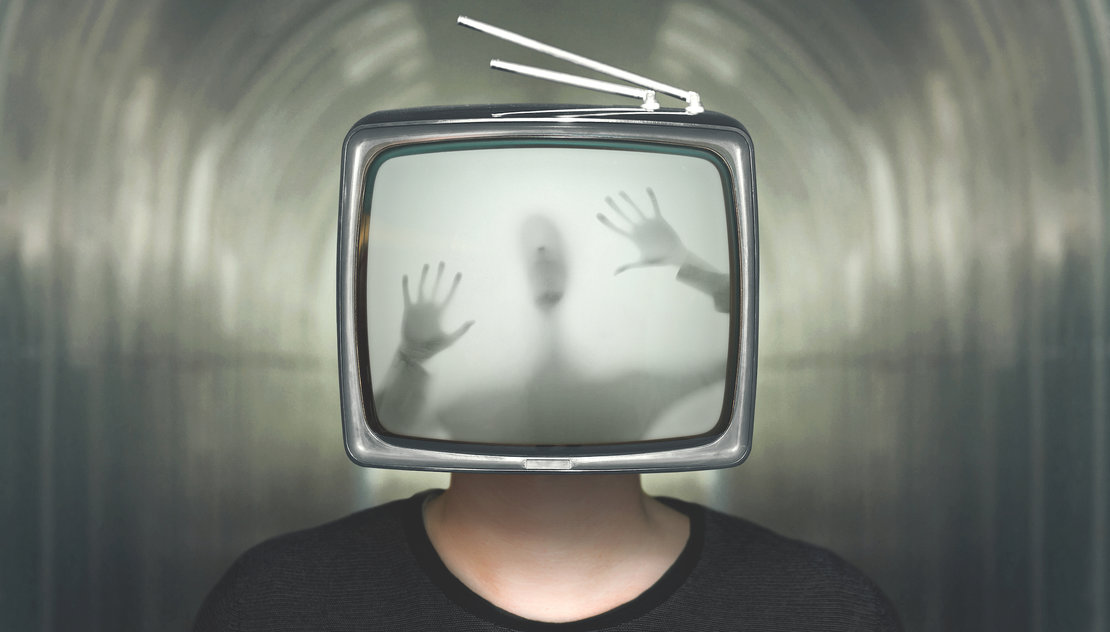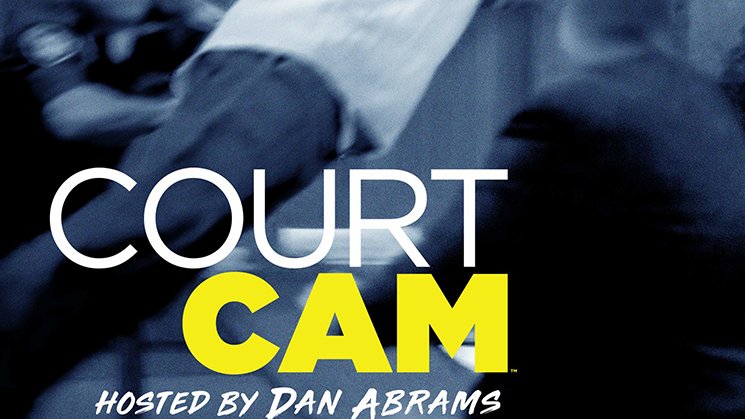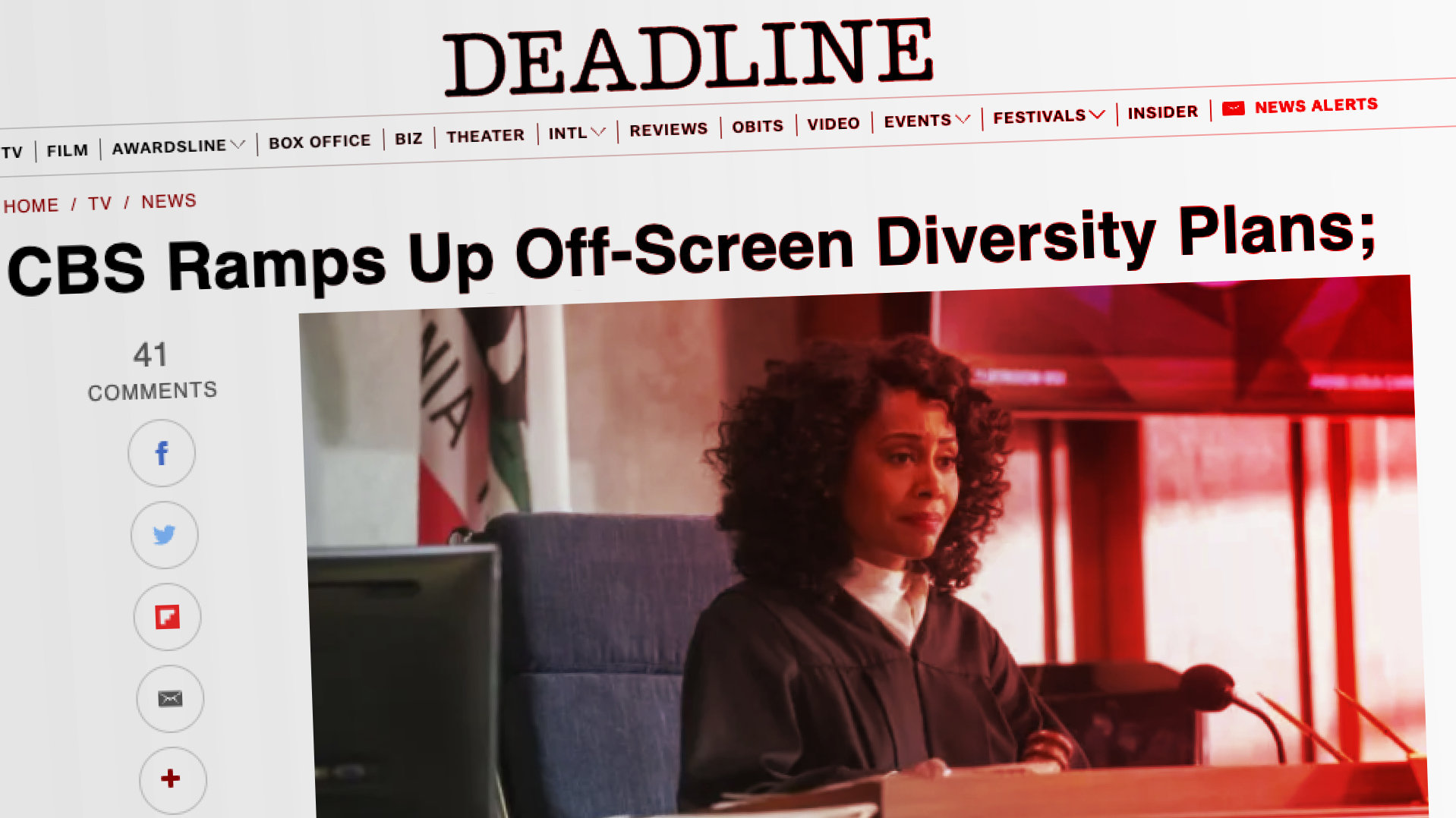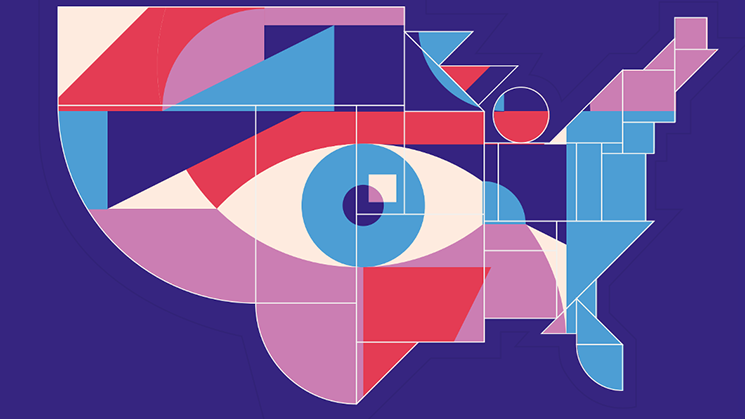Half a century after the book’s publication, it is abundantly clear that the entertainment industry—most notably “reality TV”— relentlessly disseminates and promotes a plethora of ideas, experiences, emotions, lifestyles and value-based opinions, including spiritual ones and has exactly the same impact on human beings that water has on fish.
“Other than sleeping and working, Americans are more likely to watch television than engage in any other activity,” reads the bold opening of a July 2019 New York Times article on research into the social and cognitive effects of watching TV. When television shows are largely entertainment rather than educational, the article emphasizes, “there can be negative consequences to our abundant watching.”
Although the article does not cite McLuhan, the media theorist’s fish metaphor runs through the entire piece, as in “The harm seems to come not so much from the content itself but from the fact it replaces more enlightening ways of spending time.”
In other words, to make the proverbial fish look at the water—to have a questioning attitude about the world—you’ve got to take one step back from where you are.
Referring to recent research conducted in Norway, the article states that 10 years of watching cable TV lowered IQ scores by an estimated 1.8 points and that the sustained exposure to TV reduced voter turnout in local elections.
The article, authored by Jonathan Rothwell, the principal economist at Gallup and a scholar at George Washington University Institute of Public Policy, cites a similar study conducted in Italy and released in 2019 by the American Economic Review. The Political Legacy of Entertainment TV study concludes that Italian children raised in areas with greater access to the television network Mediaset, “which specialized in light entertainment such as game shows featuring scantily clad women,” had lower cognitive scores as adults by the equivalent of 3 to 4 IQ points and were “less likely to be civically engaged adults.”
Even with abundant evidence about the damaging effects of media entertainment—not to mention the tragic phenomenon whereby some ordinary people who earn instant fame on reality TV end up in rehab or take their own lives—“media providers and advertisers compete aggressively for our attention,” the Times article notes. Besides being aware of the “biased or sensationalist news programs” that saturate the air waves, the article concludes, “we should also be cautious about what we give up for the sake of entertainment.”
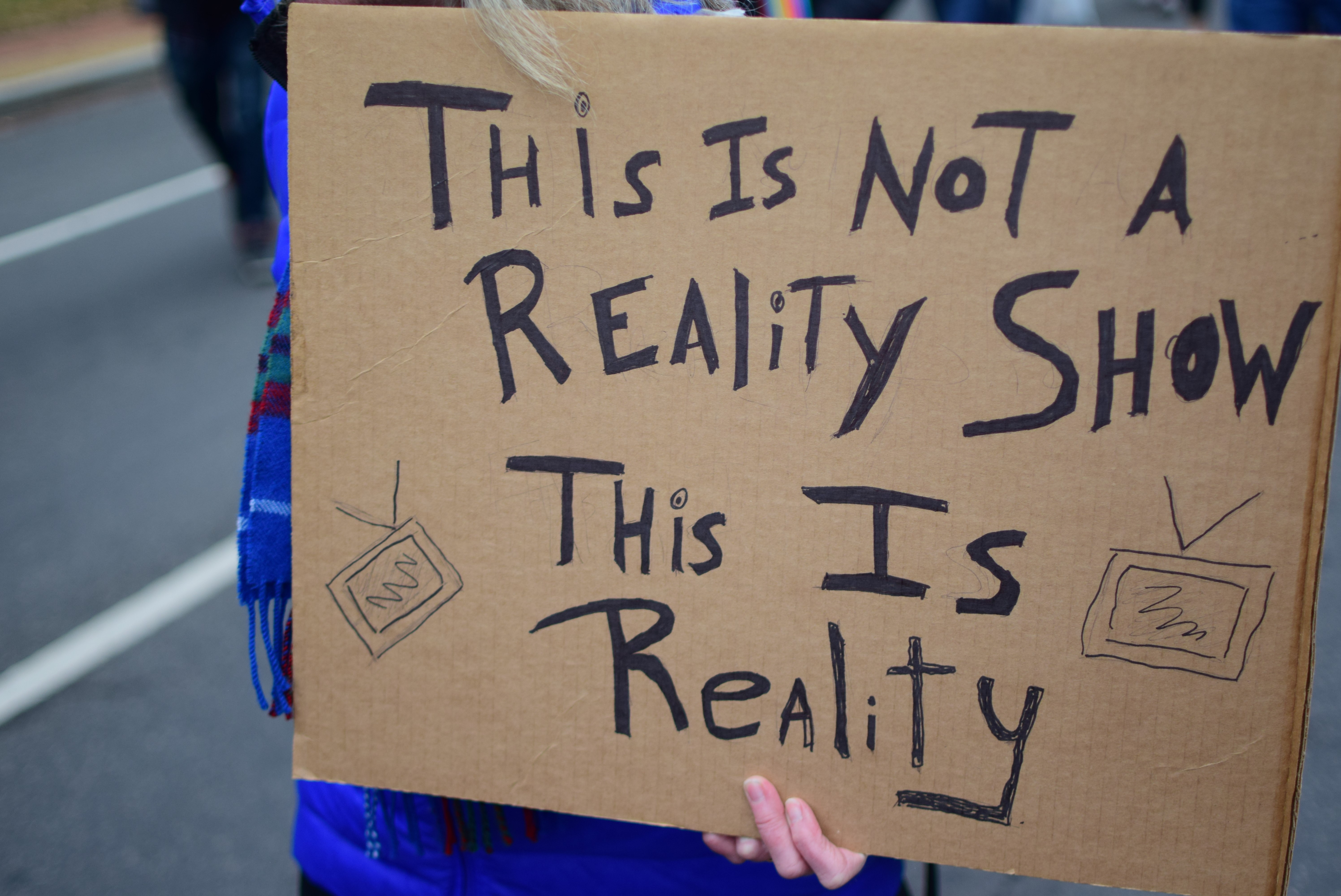
Much of what passes for “entertainment” is inflammatory and morally decrepit reality TV such as the fare dished out by the Disney/Hearst joint venture A&E Networks. When A&E isn’t inciting religious hatred, as it did with The Aftermath and other religion-bashing shows, or stirring racial tensions with the recently canceled Live PD and the not-yet-canceled-but-should-be Court Cam, it has invited media and viewer ridicule for fake “reality” shows the likes of Storage Wars, Flip Wars and Parking Wars.
A&E has proved that even, or especially, the realm of the imagination has been colonized—a fate that Aldous Huxley foresaw nearly 90 years ago in his dystopian novel Brave New World.
Huxley predicted that we would not be controlled by surveillance or militaries, but that we would be imprisoned by our own pleasures, which would stop us from thinking in any broader way.
George Orwell in 1984 predicted that we would be controlled by language, propaganda and ideology in an increasingly authoritarian world. But it was Huxley who made the more persuasive argument, especially in light of all the evidence thrown up by the current Information Age: We’re going to be controlled by our emotions—and by distraction.
Fifty-three years after Brave New World appeared, the American media theorist, cultural critic and author Neil Postman published Amusing Ourselves to Death: Public Discourse in the Age of Show Business. It, too, reads like prophecy, as this passage, on the book’s first page, illustrates:
“What George Orwell feared were those who would ban books. What Aldous Huxley feared was that there would be no reason to ban a book, for there would be no one who wanted to read one. Orwell feared those who would deprive us of information. Huxley feared those who would give us so much that we would be reduced to passivity and egoism. Orwell feared that the truth would be concealed from us. Huxley feared the truth would be drowned in a sea of irrelevance.”
Postman himself worried that television reduced all serious topics to entertainment, and public life to a “vaudeville act.”
As everyone who’s anyone in the reality TV business knows, Huxley’s and Postman’s fears are today’s golden keys to unlimited profit.
Photos by Shutterstock.


